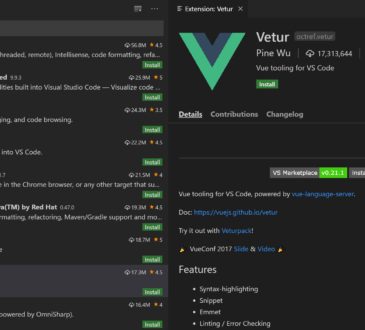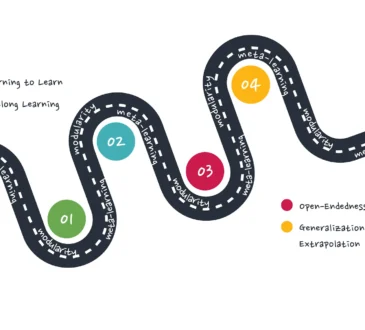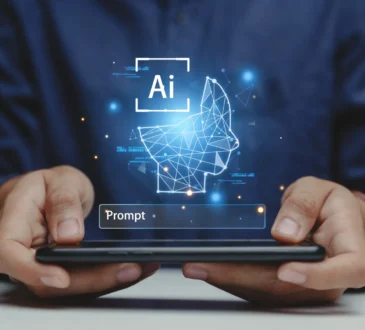
The rise of artificial intelligence (AI) is transforming every corner of software development—from code generation and bug detection to design and deployment. As programming tools become smarter and more autonomous, the role of the developer is shifting from code writer to creative problem solver, system architect, and AI collaborator.
To thrive in this new era, it’s not enough to be a good coder—you need the habits and mindset that align with this new wave of intelligent development. Here are 10 habits of highly effective programmers that will help you stay ahead in the AI age.
1. They Learn Continuously
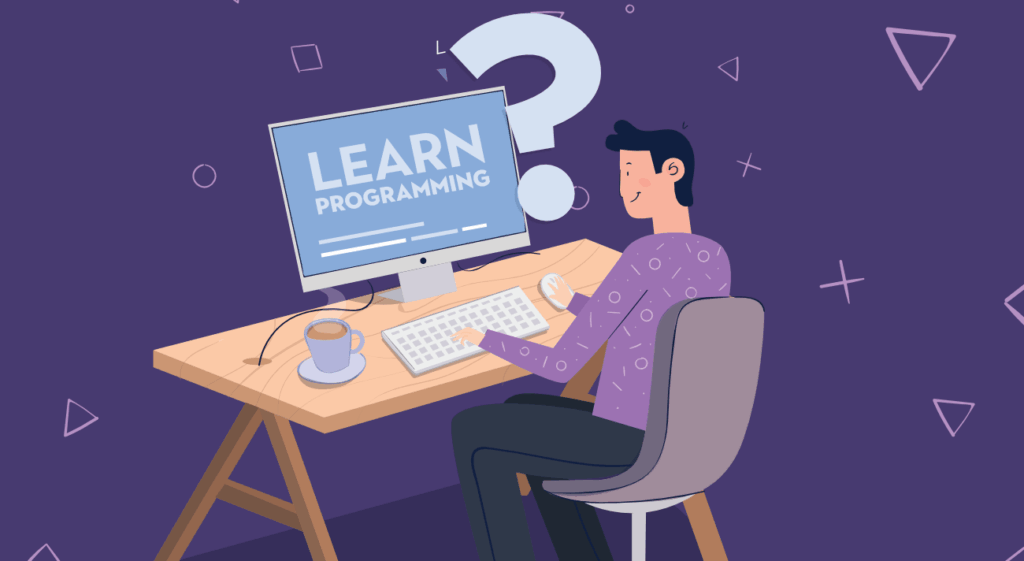
In the AI-driven world, technologies evolve faster than ever. Effective programmers know that their learning never stops. They regularly:
- Explore new programming paradigms (e.g., functional, declarative).
- Keep up with AI-enhanced tools, libraries, and frameworks.
- Study developments in machine learning, prompt engineering, and data science.
Why it matters: AI tools like Copilot and ChatGPT are only as powerful as the developer using them. Knowing what’s possible—and how to guide the tools—is key.
2. They Master Prompt Engineering

Effective programmers in the AI age aren’t just writing code—they’re writing prompts to communicate with AI assistants. They know how to:
- Be specific about what they want AI to generate or explain.
- Refine prompts through iteration.
- Break large requests into smaller, clearer tasks.
Why it matters: Prompt engineering is a skill that determines the quality of output from AI models. Programmers who can “think in prompts” will outpace those who can’t.
3. They Know When to Use (and Not Use) AI
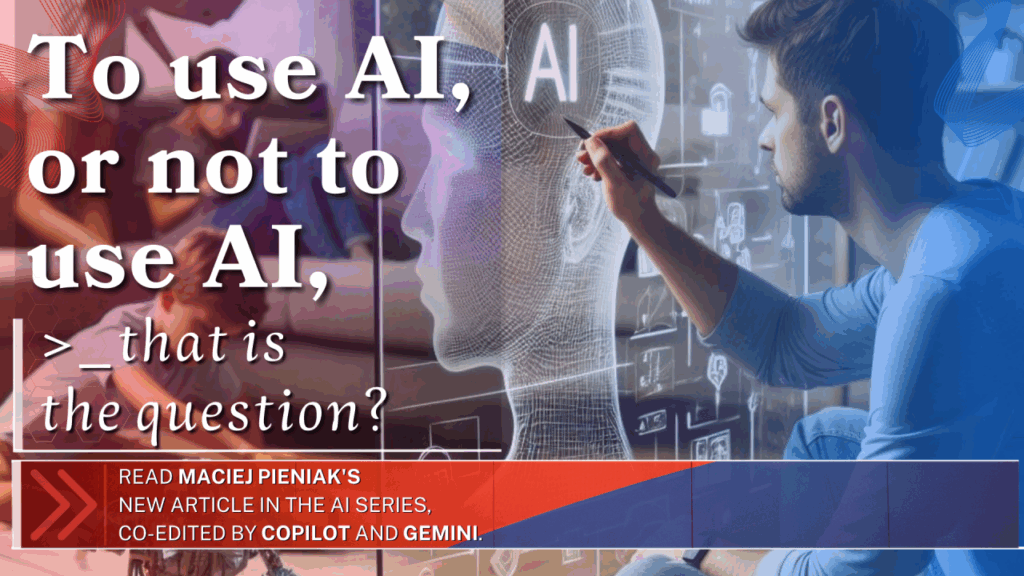
Not every task should be outsourced to AI. Highly effective programmers know when to let the machine help—and when to rely on human judgment. For example:
- They use AI to write boilerplate code but review it for logic flaws.
- They let AI generate test cases but still validate edge cases manually.
- They avoid blindly copying AI output and instead treat it as a starting point.
Why it matters: Misusing AI can lead to security flaws, logic bugs, and brittle systems. The best developers use AI as a co-pilot—not a crutch.
4. They Write Readable, Maintainable Code
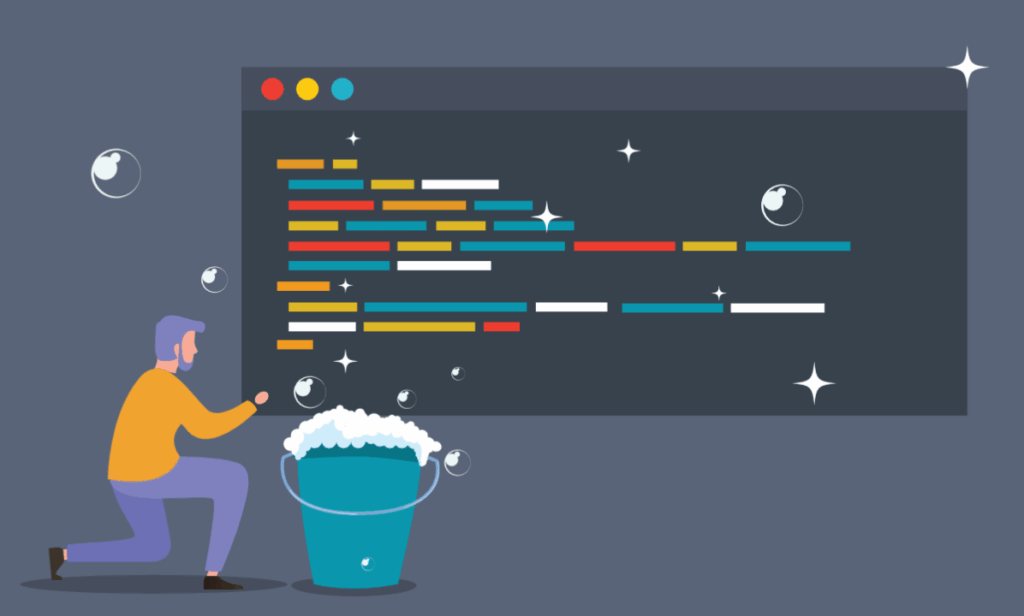
AI can generate complex code, but it often lacks clarity or context. Effective programmers:
- Refactor AI-generated code to make it readable and idiomatic.
- Follow consistent naming conventions and comment clearly.
- Use linters, formatters, and documentation tools to enforce standards.
Why it matters: Code that’s easy to read is easier to debug, extend, and hand off—whether to a teammate or an AI assistant later on.
5. They Embrace Automation and Tooling
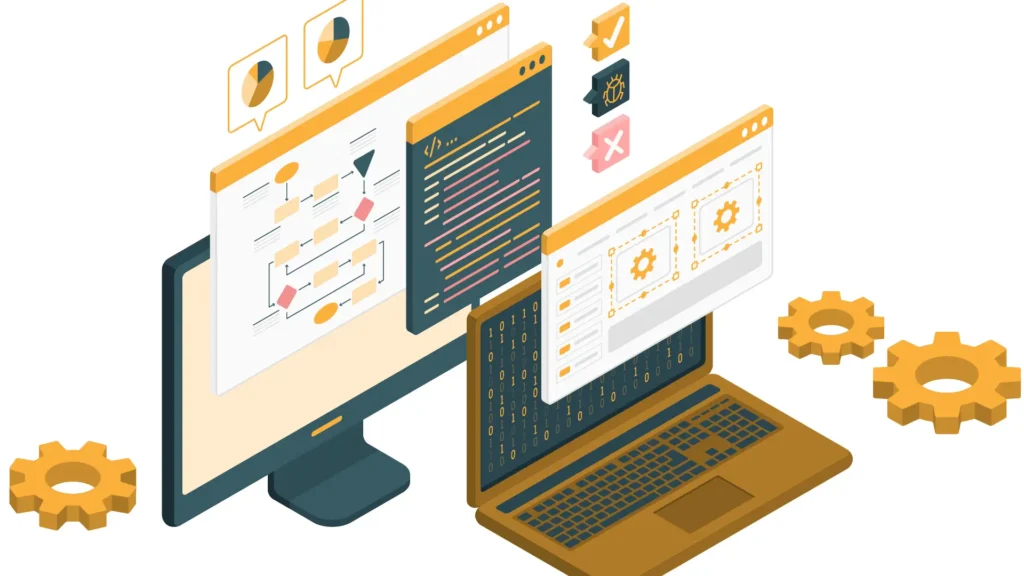
Top developers lean into automation. They:
- Use AI tools for repetitive tasks (e.g., test generation, documentation).
- Set up CI/CD pipelines to automate builds, tests, and deployments.
- Use AI-enhanced linters or static analysis tools to catch errors early.
Why it matters: The more you automate, the more time you free up for deep problem-solving and creative work.
6. They Prioritize Problem Solving Over Syntax
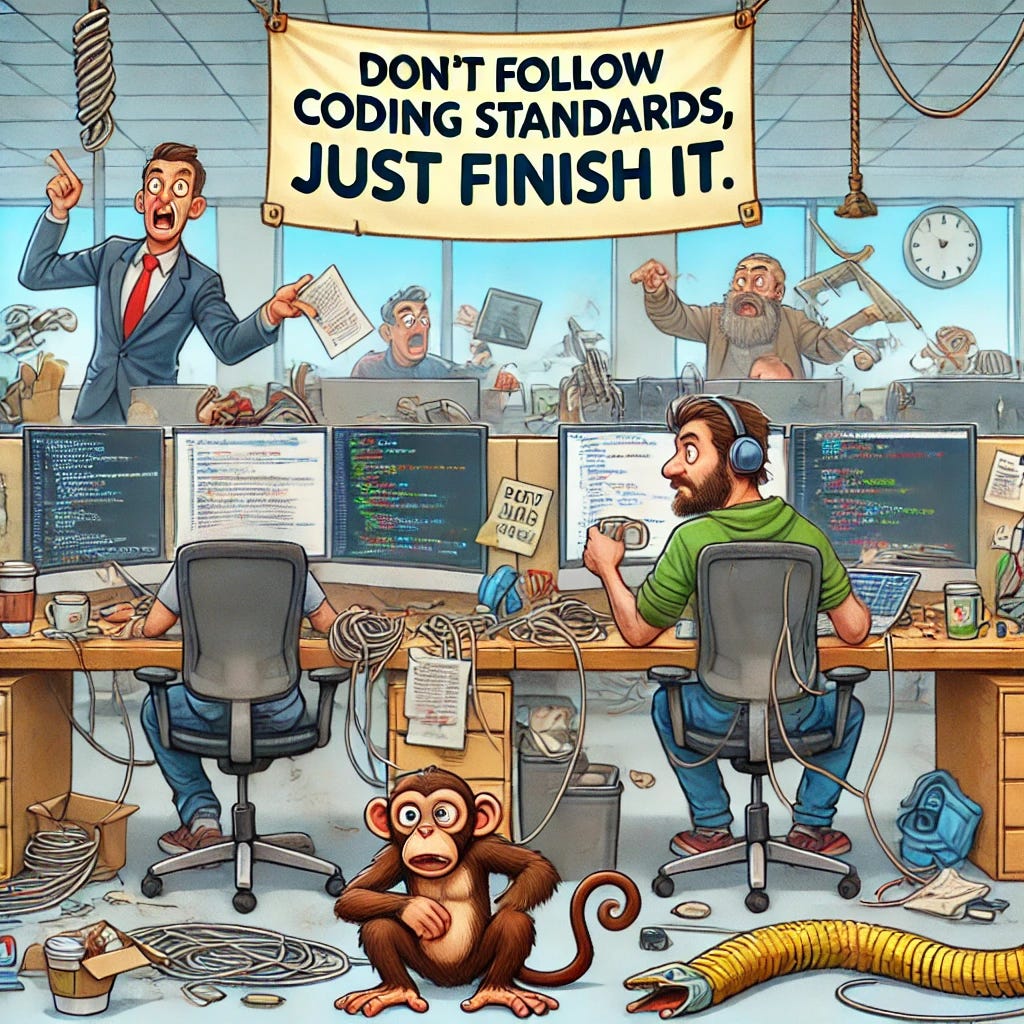
In the AI age, knowing every method and syntax trick is less important than understanding:
- How to break a problem into steps.
- How systems interact (APIs, architecture, data flow).
- How to debug unexpected behavior—even in code the AI wrote.
Why it matters: AI can generate code, but it can’t always reason about your domain-specific goals. Effective programmers are great at framing and dissecting problems.
7. They Build Intuition with AI Models
The best programmers experiment with AI tools and develop an intuition for:
- What kinds of prompts produce useful output.
- Where the AI is likely to make mistakes.
- How different models (e.g., GPT-4, Claude, CodeWhisperer) behave.
Why it matters: Understanding AI’s strengths and limits lets you use it more effectively—and avoid over-reliance.
8. They Stay Security- and Ethics-Aware

In the AI era, developers are responsible not just for code quality but also for:
- Avoiding the use of insecure or copyrighted code from AI suggestions.
- Understanding AI bias and its impact on users.
- Designing systems that are explainable, fair, and transparent.
Why it matters: As AI-generated code becomes common, so do risks like data leaks, copyright violations, and unintended consequences.
9. They Collaborate Across Disciplines
Highly effective programmers understand that AI development is multidisciplinary. They:
- Collaborate with data scientists, UX designers, and product managers.
- Share knowledge and communicate technical ideas clearly.
- Stay curious about the user impact of their code.
Why it matters: AI-powered products require cross-functional thinking. Developers who can speak multiple “languages” are invaluable.
10. They Don’t Just Code—They Create
The best programmers aren’t just executing instructions—they’re innovating. In the AI age, they:
- Prototype tools using AI APIs.
- Explore new interaction models, like natural language interfaces.
- Build projects that go beyond traditional coding boundaries (e.g., chatbots, no-code apps, AI copilots).
Why it matters: As AI handles more of the “how,” the human role shifts toward the “why” and “what.” Creativity, vision, and product thinking become core developer skills.
Final Thoughts
The AI age doesn’t make programmers obsolete—it elevates their role. Those who embrace AI as a collaborator, stay curious, and focus on high-level problem solving will lead the way. By building these habits now, you can ensure that you not only stay relevant—but thrive—in the future of development.
Remember: AI might be writing more code, but it’s still your mind shaping the future.


